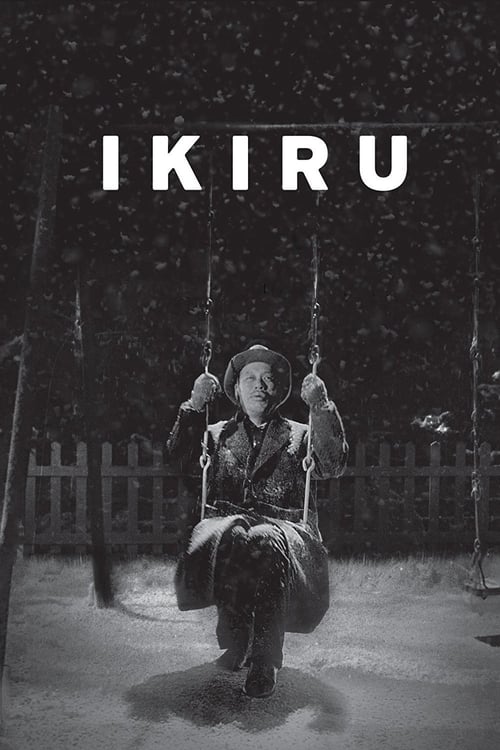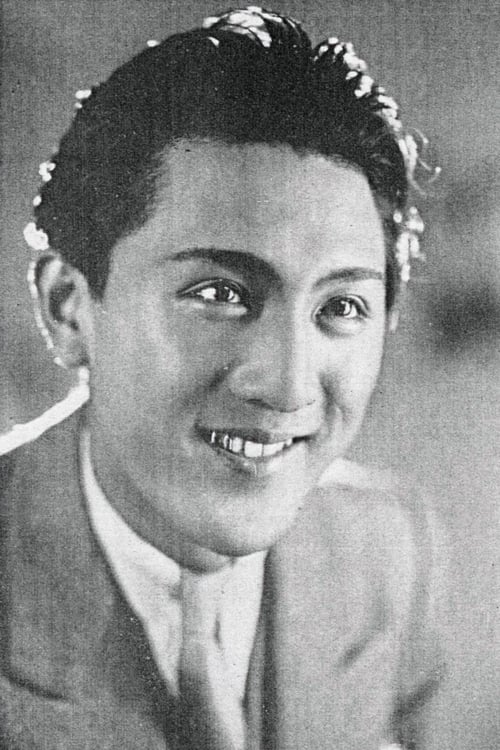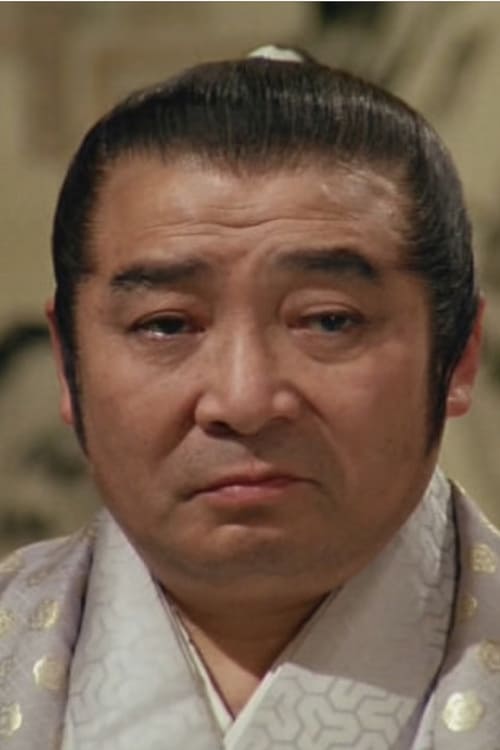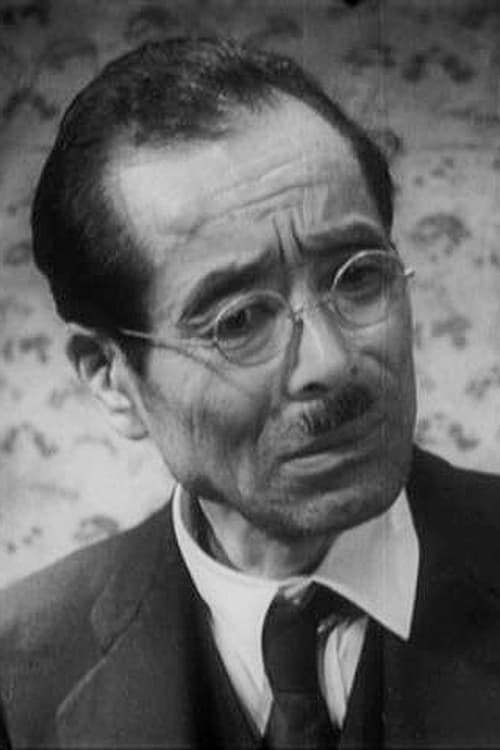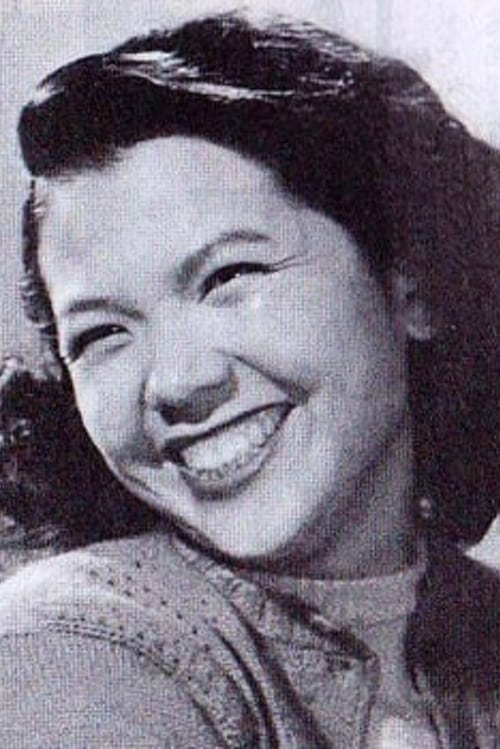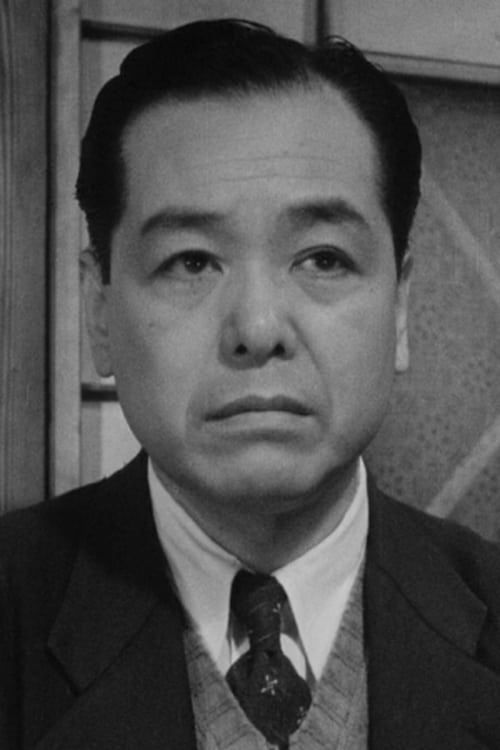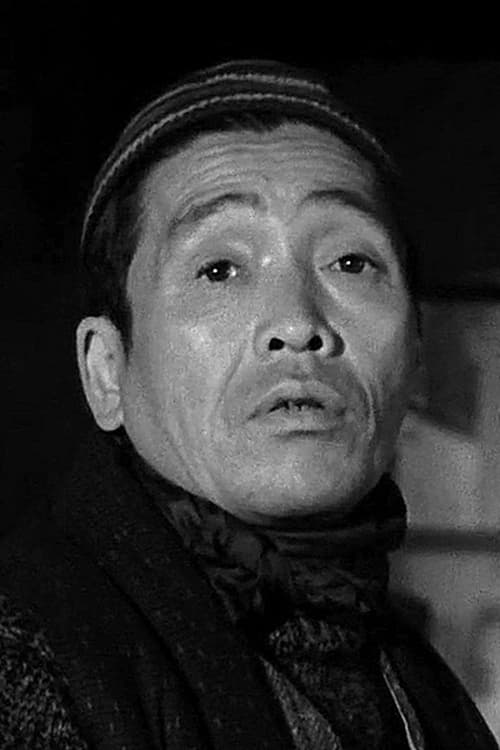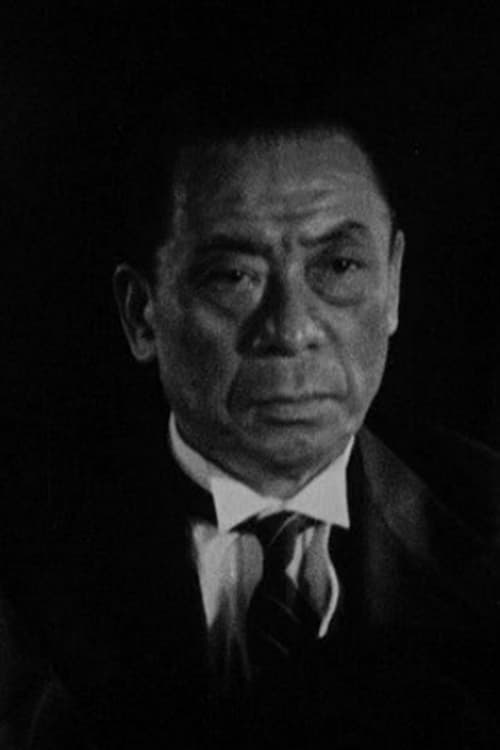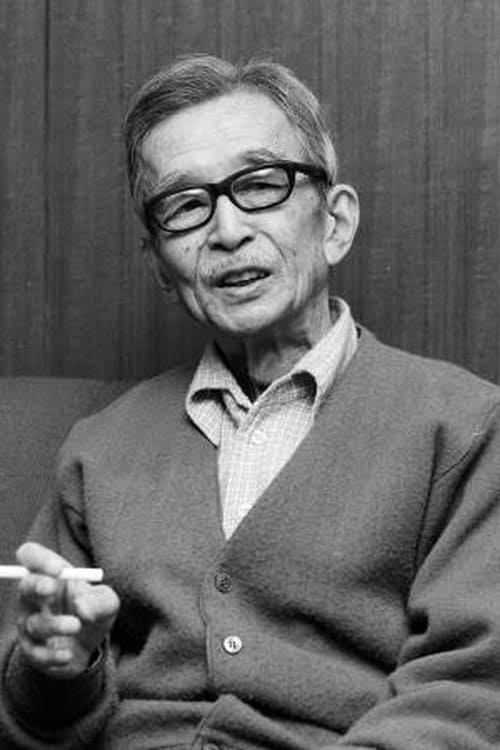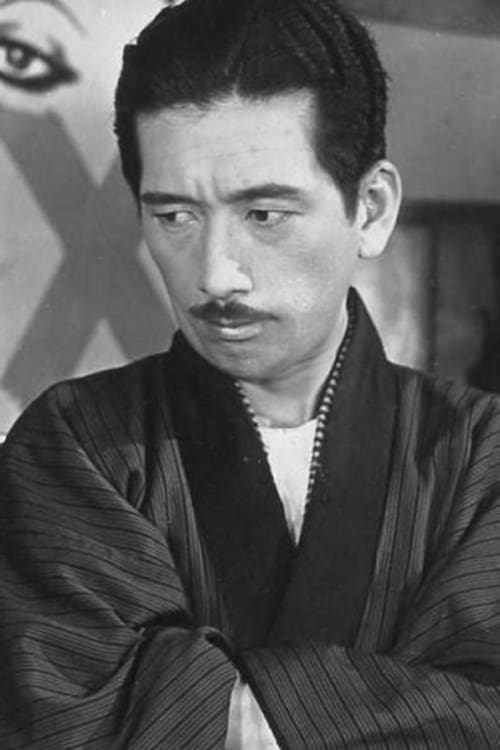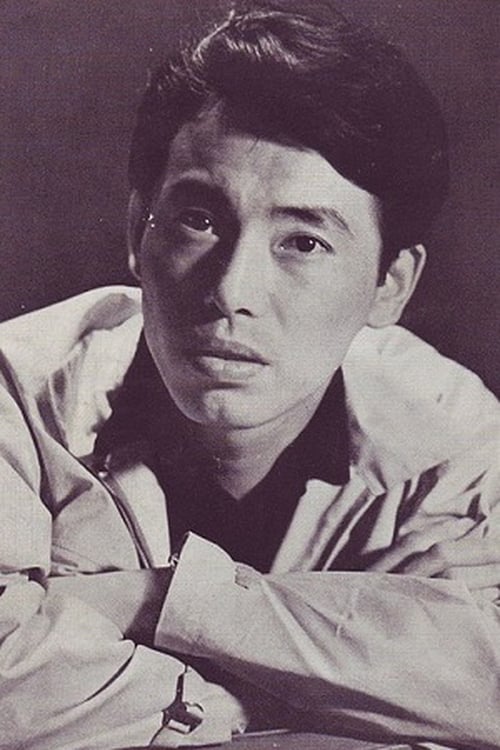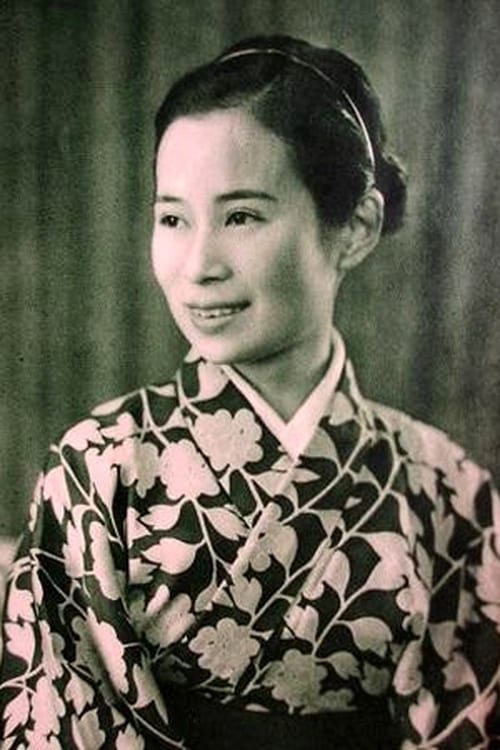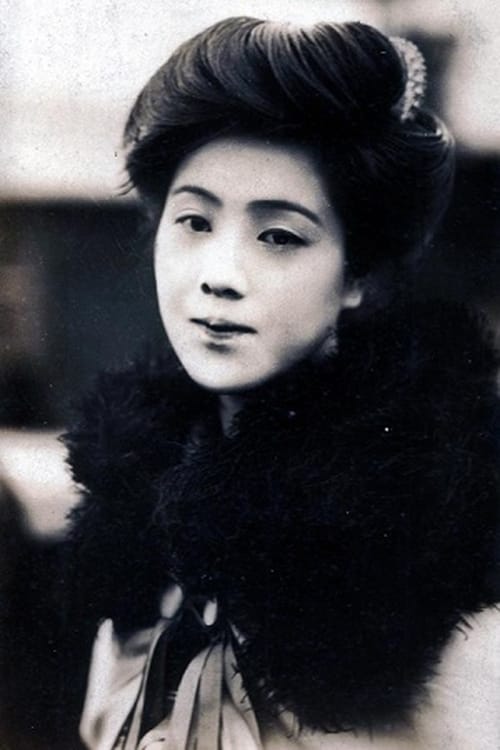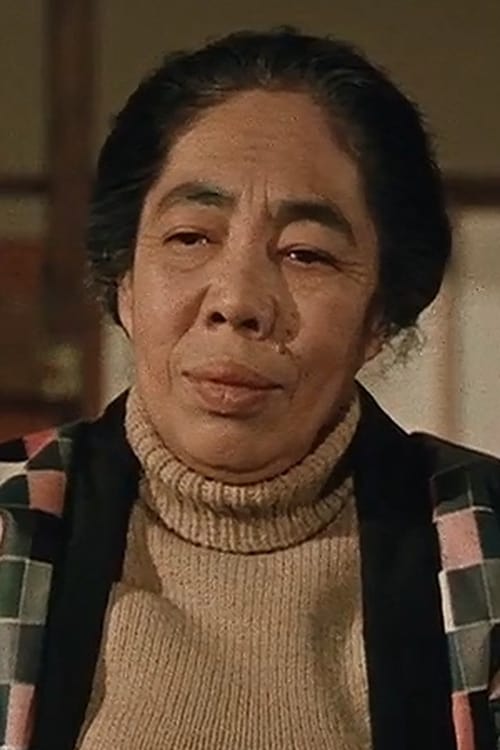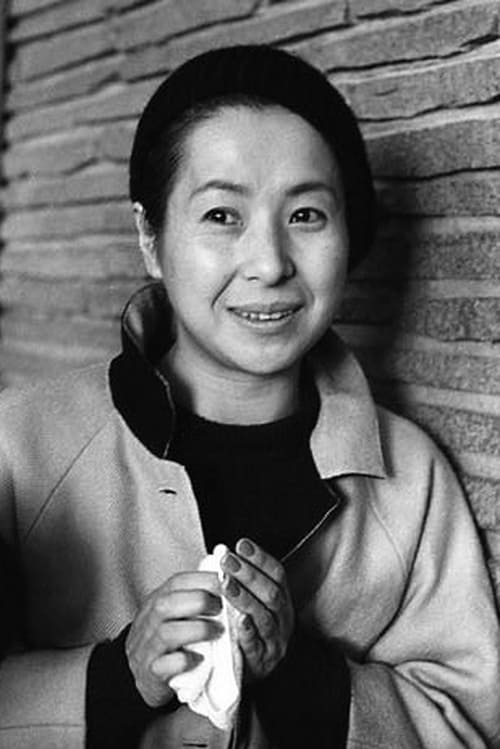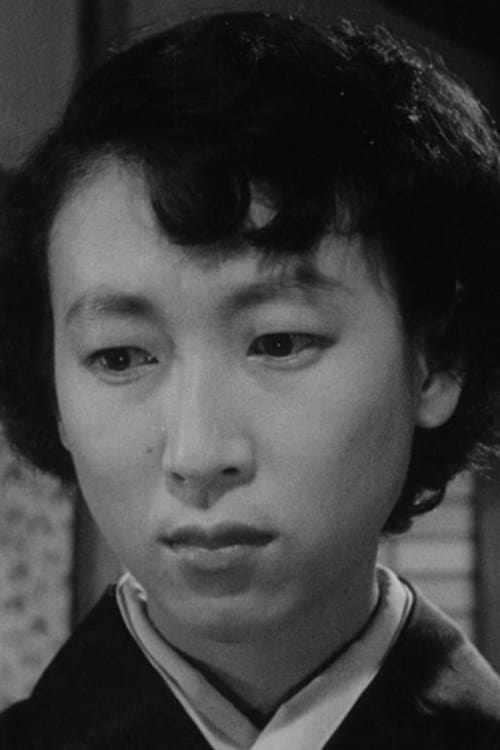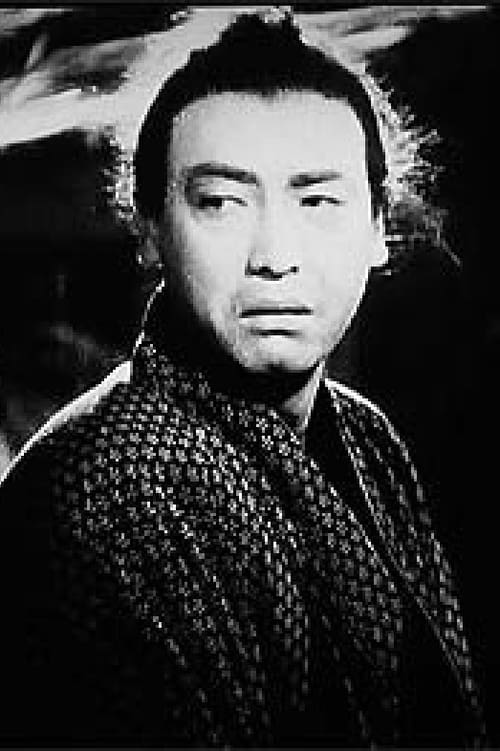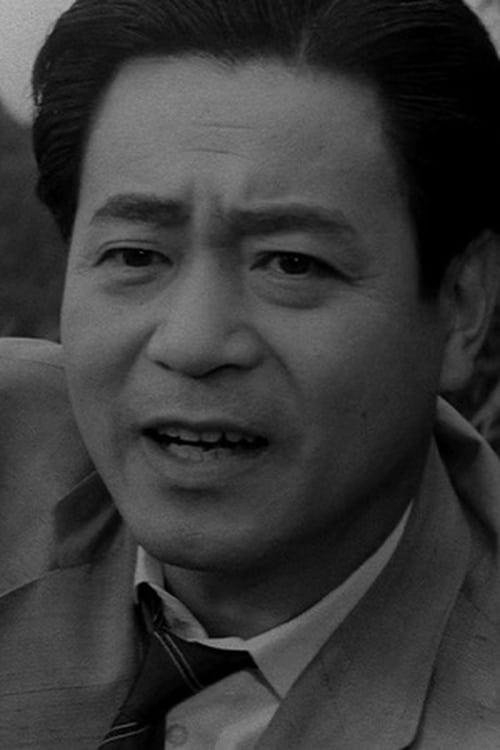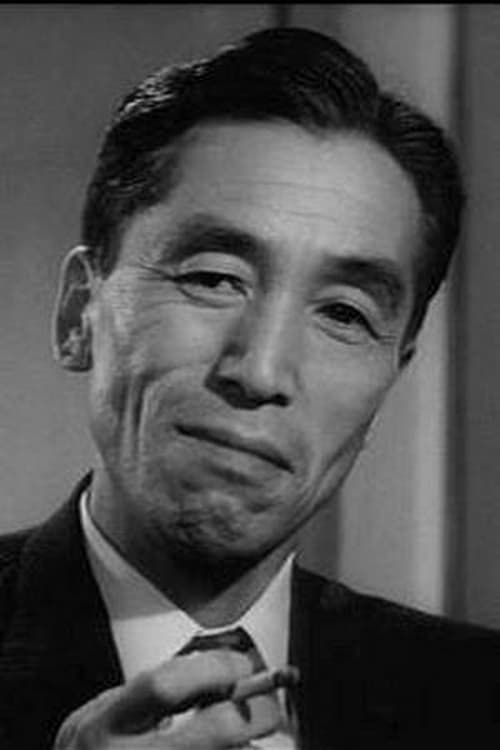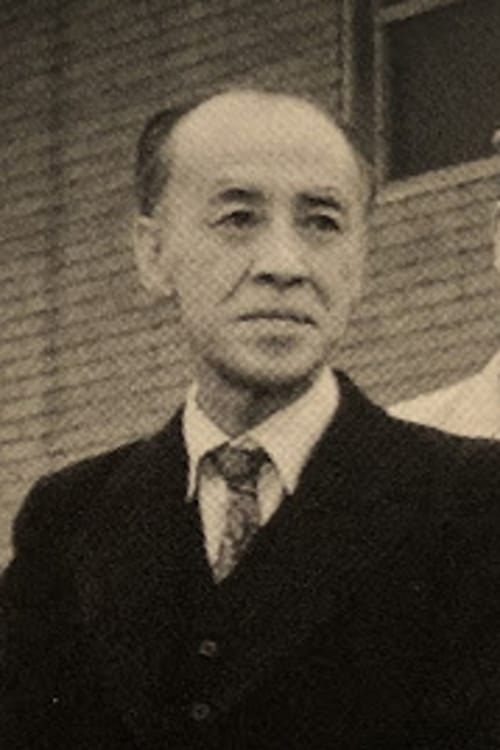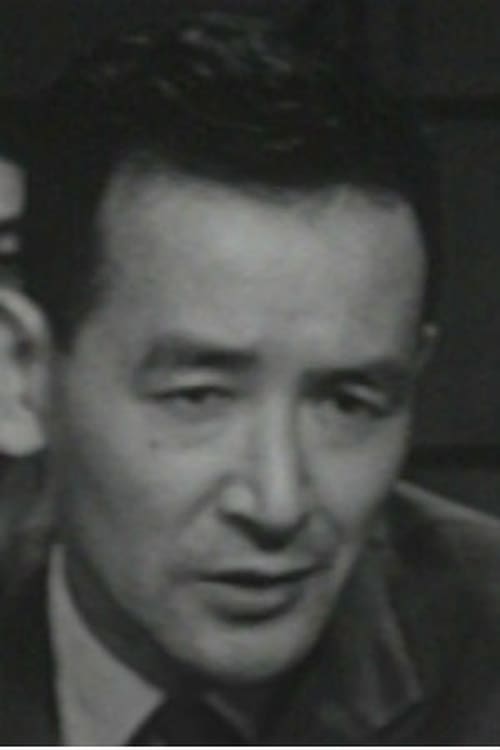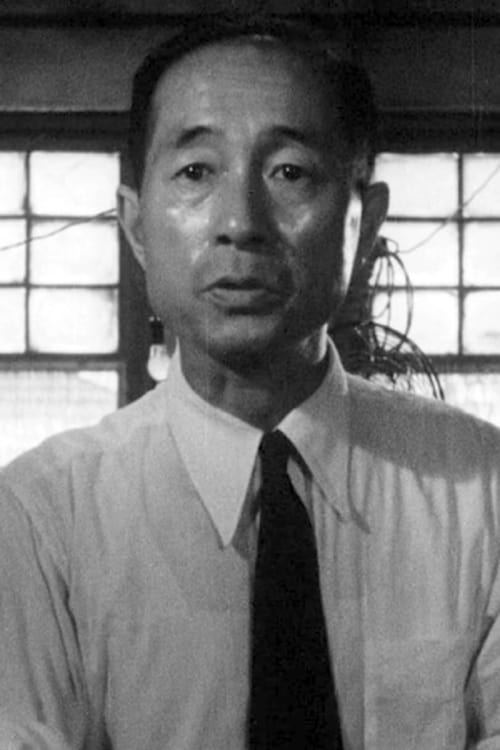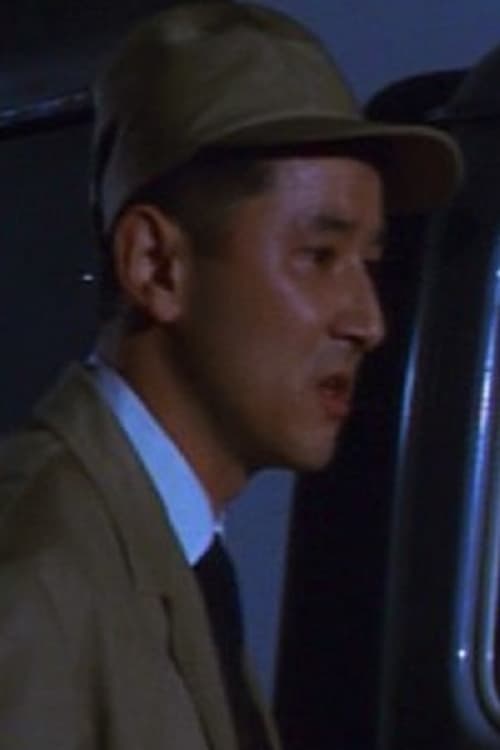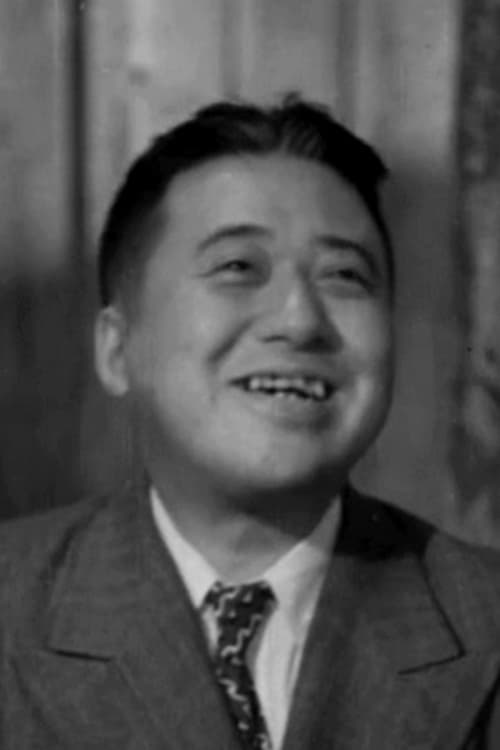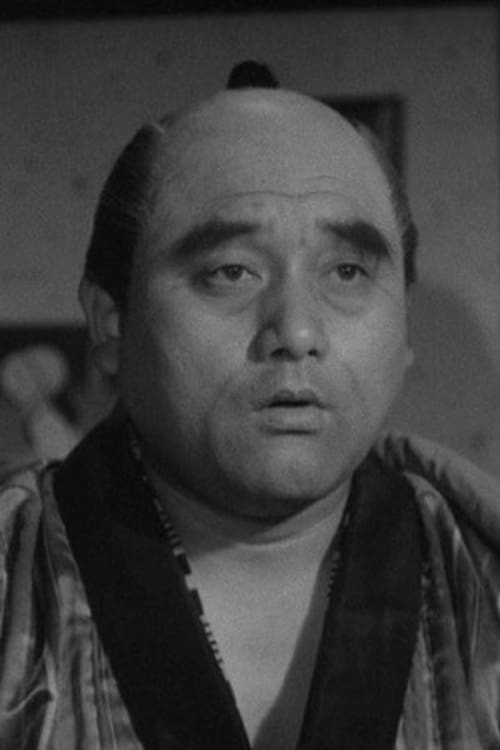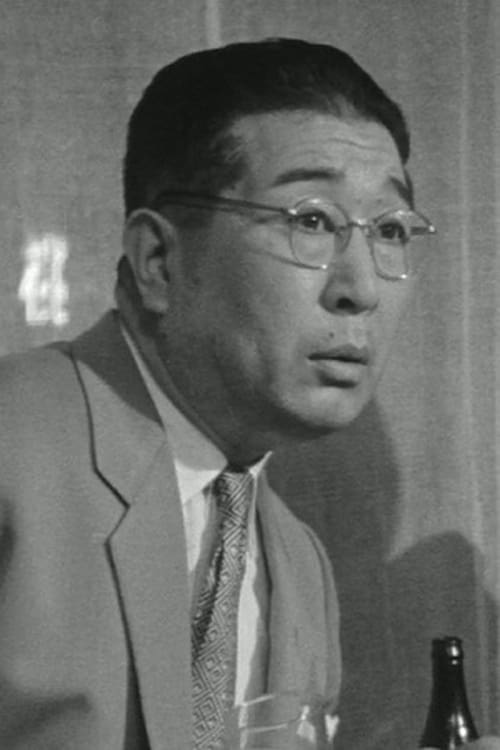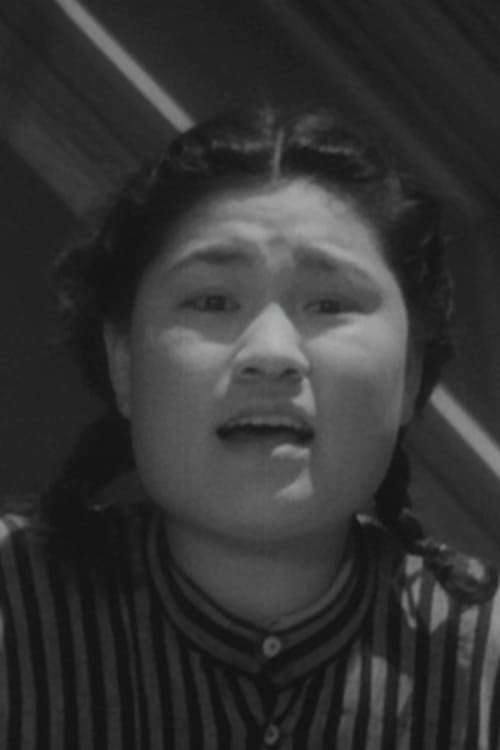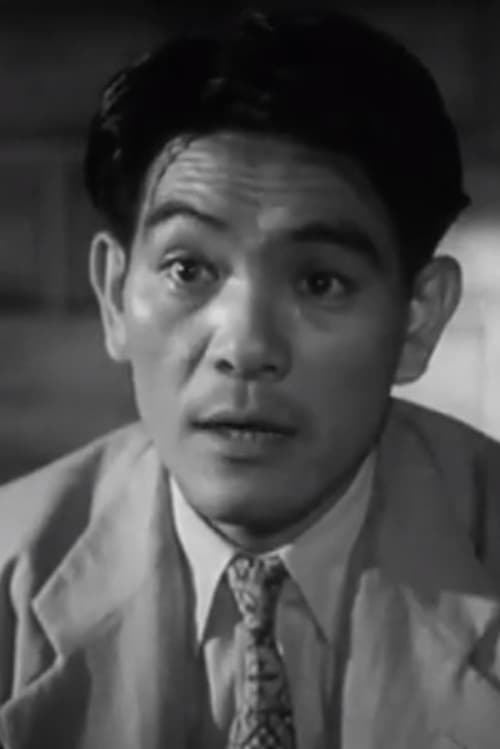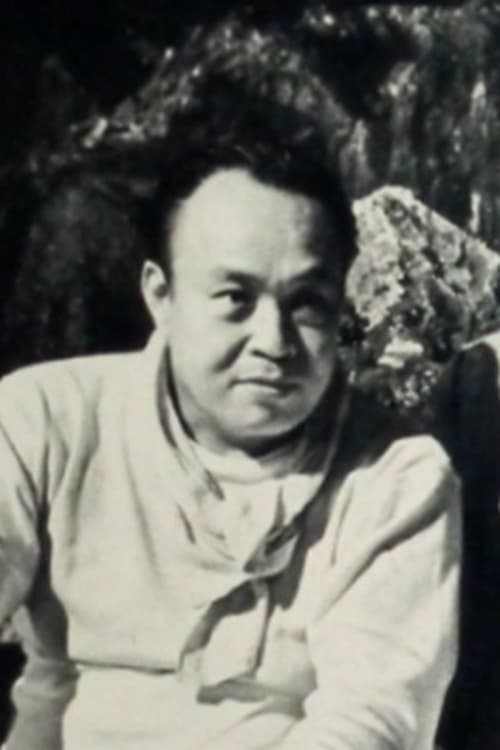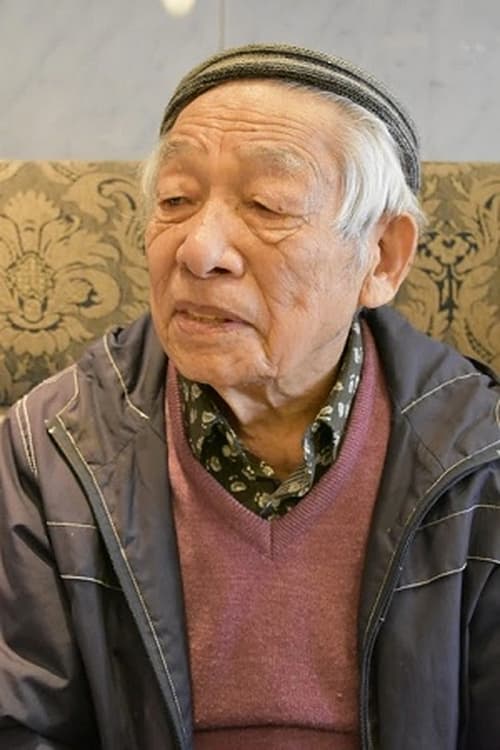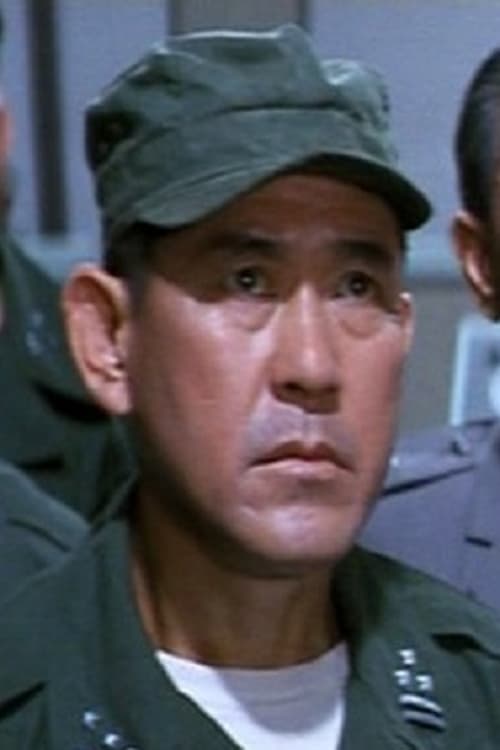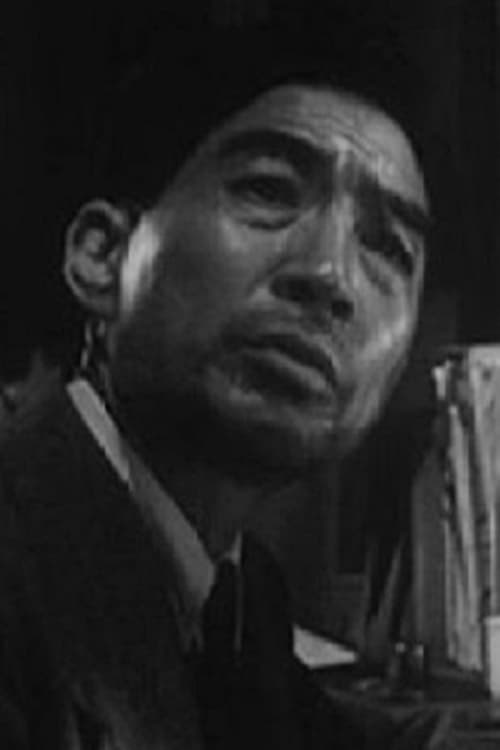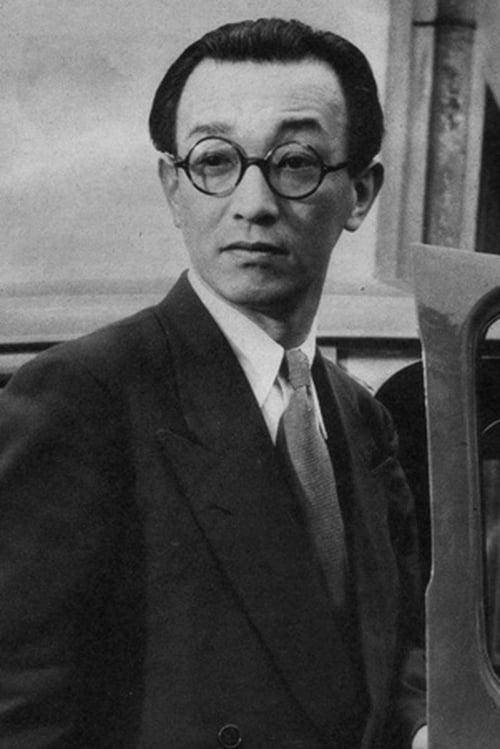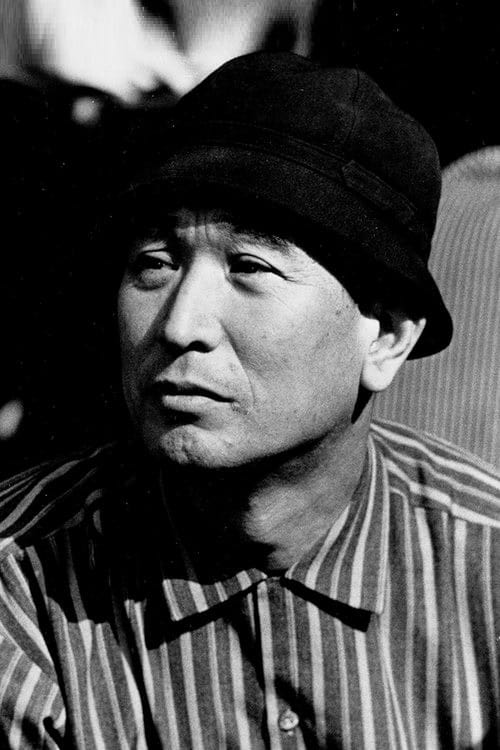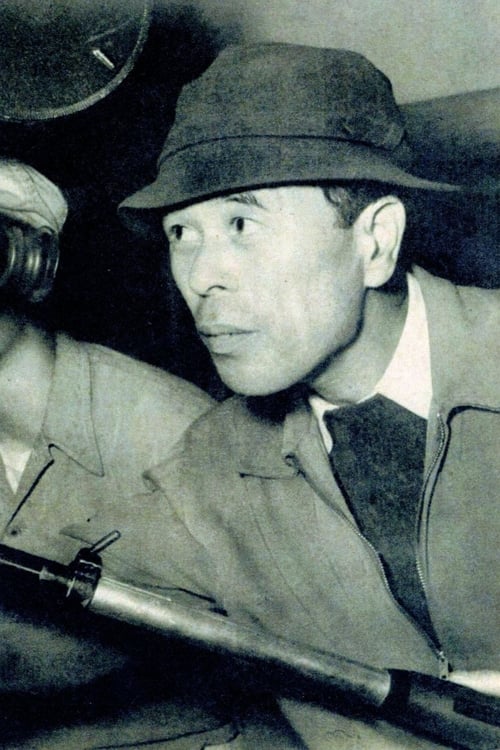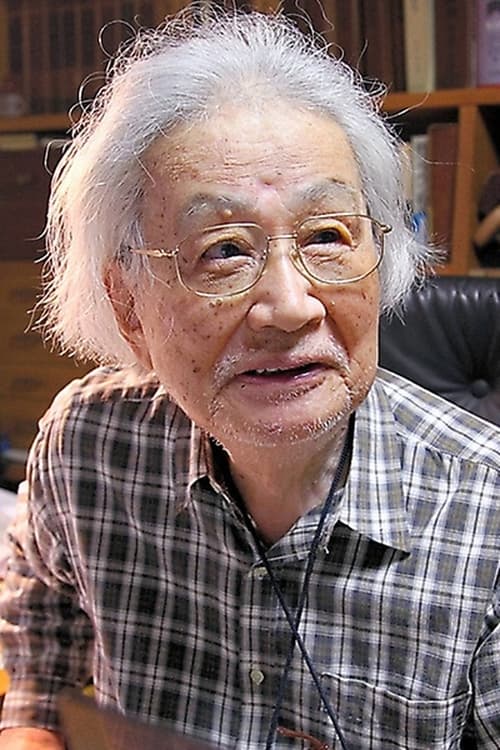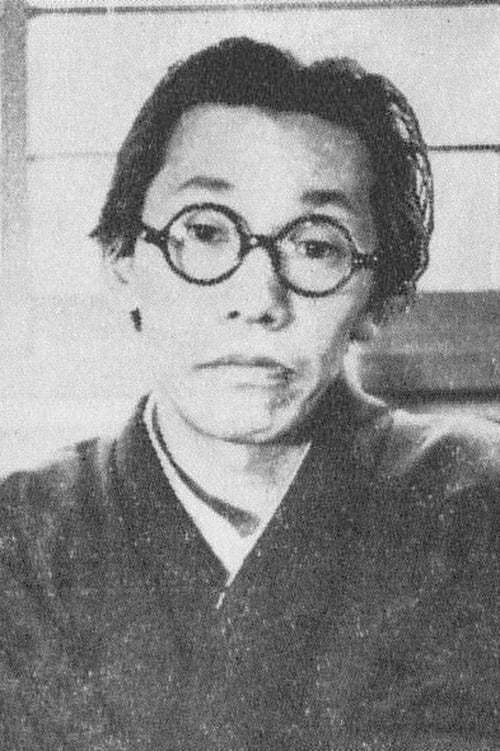Viver (1952)
A big story of a little man which will grip your soul ...
Gênero : Drama
Runtime : 2H 23M
Director : Akira Kurosawa
Escritor : Shinobu Hashimoto, Akira Kurosawa, Hideo Oguni
Sinopse
Burocrata de longa data, que não liga para nada que não o interessa, descobre que está com câncer. Decide, então, construir um playground em seu bairro, tentando descobrir um sentido para sua vida.

Danusia and her daughter Basia live far away from the modern world, in tune with the rhythm and laws of nature, among animals and the spirits of the dead. The peace and sense of security offered by their enclave come at a price - the women increasingly long for contact with other people. Bucolic is an affectionate observation of people who live in a different way. It evokes a curiosity about their world and a desire to take a closer look.
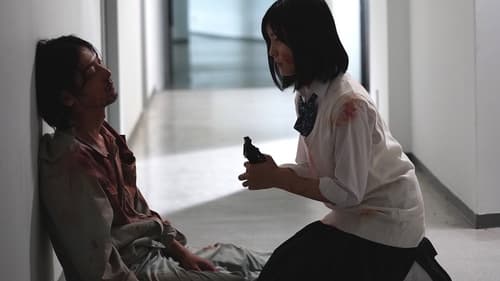
Fukumi is a high school janitor whose father was a gangster. He works at the school as a janitor instead of belonging to the gang so he can watch out for Yui, the daughter of his deceased father's brother Majima Yoshiki. One day, a gang feud erupts. Yoshiki is killed and Yui becomes the next target.

A house. A shelter. A man the last one left in the homeland. A woman returns to her community every year. The daughters and husband who have lost all traditions. A rapper who raps in the old language. In 1990 Susanna marries Udo. Their wedding is the last one celebrated between two Saxons in their village. After that the couple emigrated like half a million of Transylvanian Saxons. After 30 years in Germany the relationship between Susi and Udo has gone stale and they haven't taught their native language to their daughters that feel just German. Georg on the other hand is proud of his identity. He hopes with his rap to spread the young generations about the heritage to make them proud of being a Saxon. This is the choral story of a family who is learning to change in order not to disappear.

One man, one camera, one goal...to capture the essence of adventure. An experimental, often abstract new type of filmmaking process creating color rich visuals combined with a lush soundtrack that grounds the project. A unique cinematic experience.

The war in the South Pacific, a country doctor in Colorado, victims of industrial pollution in a Japanese village — all were captured in unforgettable photographs by the legendary W. Eugene Smith. This program showcases over 600 of Smith’s stunning photographs and includes a dramatic recreation in which actor Peter Riegert (Crossing Delancey, Local Hero) portrays the artist using dialogue take from Smith’s diaries and letters. Interwoven through the program are archival footage and interviews with family and friends of this brilliant, complicated man, whose work developed from twin themes of common humanity and social responsibility.

Severely battered from the Beirut Port Explosion on August 4th, Minerva passed away eight days later. Her son Joseph, while still grieving for his loss, sunk into a long and absurd bureaucratic path through the inept system that disowned his mother as a victim of the blast. Minerva is gone. The explosion has snatched her soul, and the city walls have not yet recognized her as a martyr. There is no poster of her smiling face among those of the victims. Their faces are memories that will haunt us for the rest of our lives. Perhaps her son, devastated by her passing, seeks to etch her image into the city's memory. Perhaps he is seeking some confession to the crime. This is a place that casts out its children, whether dead or alive.

"Meebo" is an elementary school student and loves fish. His life is indeed "fish-a-holic". Meebo stares at the fish, draws the fish and eat the fish every day. His father worries that he is a little different from other children but his mother always encourages and supports him warmly rather than worrying. After entering a high school, Meebo is still obsessed with the fish as usual. For some reason, Meebo is getting along with rogues like a protagonist of a tale. Eventually, Meebo starts to live alone. With encounters and re-encounters, he is still loved by the people around him and pushes forward straight to his only way.

Jaira, Chelsea, and Alecz catch up with their friend, Sujee, who lives in Busan, Korea. Sujee is lonely and seeks people who understand her struggles as a diaspora but her friends have a different image of her life there.

Every year, five to ten percent of all deceased Berliners are buried by the authorities because no relatives are found. Most of them are put into the ground by mortician Bernd Simon going alone. But sometimes companions do turn up and say goodbye in their very own way. An observational documentary about an undertaker who actually wanted to become an entertainer, a bizarre city portrait and a mirror of how we deal with death, mourning and commemoration.

Quando Kath e seu namorado chegam a uma cabana remota em Redwoods, eles encontram um jovem casal misterioso já lá. Mas quando seu namorado desaparece com a jovem, Kath fica obcecada em encontrar uma explicação.
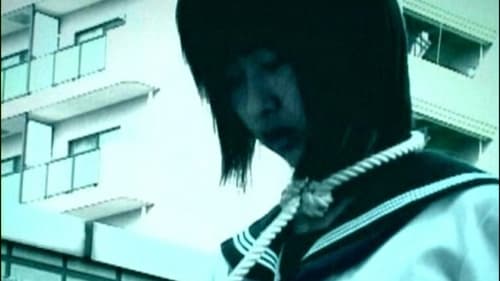
The interview team, who went to talk to the mother of Mr. K, a high school girl who died in suicide, learns that she frequently wrote on suicide sites before Mr. K died. According to his mother who read the email left on the computer after Mr. K's death, Mr. K started to think about suicide by watching some kind of video on the Internet. According to the testimony of his friends, it seems that Mr. K's actions and remarks began to die at some point. What exactly is that video? We were able to contact the suicide applicants on the bulletin board of the suicide site and talk to those who have seen the video. It was the beginning of horror and fear...

Renowned Japanese poet Shuntaro Tanikawa teams with former "rock chick" Wakako Kaku to craft this pensive love story told almost entirely in still photographs. After steering a suicidal man away from the brink of despair, an astronomical observatory worker teaches him her favorite watchword, "Yah Chakya!" ("I, Seagull"). The phrase had once been spoken by the first female cosmonaut, and was the call-sign for the Soviet spacecraft Vostok. But for this woman, the word has taken on greater meaning; not only is it a greeting, but a secret handshake and a symbol of the universe as well. Upon learning the phrase, the man finally finds the strength to go on living.

A woman who focused on being a mother feels that she no longer has any purpose now that her son has made his own life, until one lonely night after a storm, she finds a nest on the ground of her garden with a small egg that gives signs of life, and when she rescues him she puts aside her monotony to take care of him as if she were his mother.

Fiona spurs on her neighbor Niall's fantasies by letting him watch her when she has sex with her lover. Their distance-based window affair becomes a dangerous game once Fiona meets Niall's pregnant wife.

Sadie tries to recollect what she remembers from one night that led to a tragic moment. As she’s trying to recollect these memories we witness her try to survive a world that lacks compassion, the feelings of someone following her, and living with a Mental Health system that doesn’t care or feel anything toward her. “The Shattering!” is an examination into why it’s important to have compassion or empathy, especially for those who are the most vulnerable fueled by its dark nightmarish atmosphere, and compellingly disturbing visuals.

In 2018, director Sakamoto was working on a script for his new movie "Baby Assassins." He learns of a hitman business network called "Kansai Hitman Association" and applies for interviews as a reference for writing scripts. He is introduced to Masayuki Kunioka, a freelancer who is known as the strongest hitman in Kyoto. Sakamoto decides to follow Kunioka in his day-to-day life. One day, Kunioka kills the wrong person due to miscommunication with the client and is targeted by both the hitmen sent from the furious client and those who are aiming for revenge on behalf of the victim.

At the baseball club of Yame Kita High School in the southern part of Fukuoka Prefecture, fierce competition for positions was always fought. In the qualifying that led to the spring selection tournament (Koshien), the team was beginning to get jerky due to the unexpected defeat. At that time, the main players such as Ace are ordered by the director to go to the drama club. Repulsive players. However, there is a memory of the sad scars of the unexpected seniors.
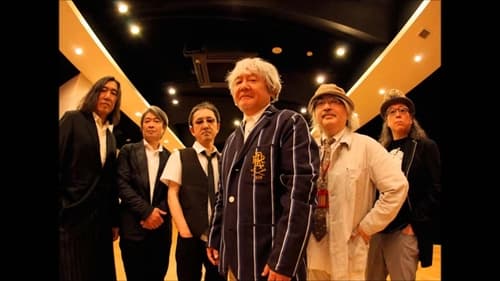
30 years of the band, 30 years of Japanese rock. The story of passion toward the band and music.

After the disaster of March 2011, the Japanese authorities decided to build a gigantic 15 meter high, 500 kilometer long, anti-tsunami wall, separating the land and the ocean. But what is the environmental and human impact of this wall? The population is divided on their opinion: should they cut the island off from the sea or stay vulnerable to tsunamis? Is there another way?
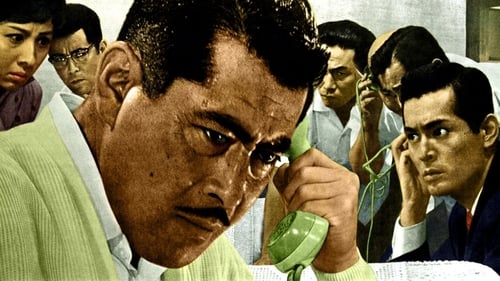
Um executivo de uma empresa de calçados torna-se vítima de extorsão quando o filho de seu motorista é sequestrado e pedem resgate.
O executivo Gondo (Toshirô Mifune) hipoteca tudo o que tem na tentativa de assumir a Companhia Nacional de Sapatos, para manter a empresa fora das mãos dos outros executivos incompetentes e gananciosos. Contudo, o mesmo dinheiro que ele arrecada pode pagar o resgate que possivelmente irá salvara vida de uma criança, levando o executivo a tomar decisões extremas e elaborar procedimentos policiais. A resolução desse dilema - a perda certa da empresa vs a perda provável da criança - cria um drama distinto, e um elaborado procedimento de polícia cria um segundo. (e 12 - Estimado 12 Anos)

When Mona marries the seemingly decent police officer Hisham, she finds out there is more into him than what he shows to the people.
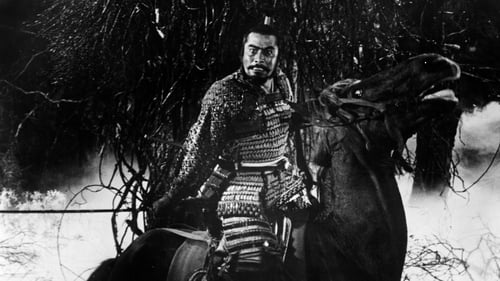
Japão, século XVI. As guerras civis sacodem o país. Dois valentes samurais, os generais Washizu Taketori (Toshirō Mifune) e Miki (Minoru Chiaki), regressam aos seus domínios depois de uma batalha vitoriosa. No caminho, uma misteriosa senhora profetizao futuro de Washizu: o guerreiro se converterá no Senhor do Castelo do Norte. A partir deste fato Washizu, auxiliado por sua esposa Asaji Isuzu Yamada, se vê imerso numa trágica e sangrenta luta pelo poder.
Trono Manchado de Sangue (蜘蛛巣城, Kumonosu-jō?, literalmente "Castelo Teia de Aranha") é um filme japonês de 1957 dirigido por Akira Kurosawa, que transpôs a obra Macbeth de William Shakespeare para o Período Sengoku japonês (séc. XV - XVI).

Vera is born into a family of considerable wealth, but she is rather bored and tired of this luxurious but all-too-safe and secluded life. One day Vera’s mother invites her to go with her to help the poor. She is so moved by helping the poor that she decides to devote her life to their cause. One of the people she helps, a man named Maxim, is enchanted by her beauty. He writes Vera a letter, asking her to come back to help with his worsening medical condition which is a complete lie. She goes by herself to his apartment, where he rapes her. While he is sleeping, Vera escapes his grasp, and then she bludgeons him to death. One year later she is introduced to Prince Dol’skii. He shows off his excellent marksmanship skills, and she is soon smitten with him. They get married and Vera decides that she must tell him the truth about what happened to her.

No Japão do século XI, um lenhador, um sacerdote e um camponês procuram refúgio de uma tempestade nas ruínas de pedra do Portão de Rashomon. O sacerdote conta detalhes de um julgamento que testemunhou, envolvendo o estupro de Masako e o assassinato do marido dela, Takehiro, um samurai. Em flashback é mostrado o julgamento do bandido Tajomaru, onde acontecem quatro testemunhos, inclusive de Takehiro através de um médium. Cada um é uma "verdade", que entra em conflito com as outras.
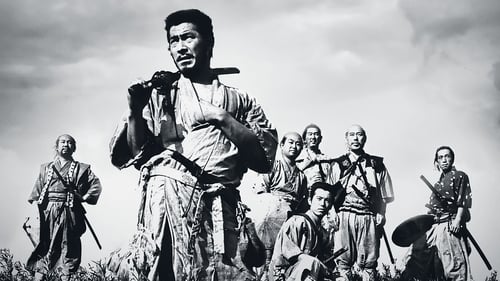
No século XVI, durante a era Sengoku, quando os poderosos samurais de outrora estavam com os dias contados, pois eram agora desprezados pelos seus aristocráticos senhores. Kambei (Takashi Shimura), um guerreiro veterano sem dinheiro, chega em uma aldeia indefesa que foi saqueada repetidamente por ladrões assassinos. Os moradores do vilarejo pedem sua ajuda, fazendo com que Kambei recrute seis outros ronins (samurais sem mestre), que concordam em ensinar os habitantes como devem se defender em troca de comida. Os aldeões dão boas-vindas aos guerreiros e algumas relações começam. Katsushiro (Ko Kimura) se apaixona por uma das mulheres locais, embora os outros ronins mantenham distância dos camponeses. O último dos guerreiros que chega é Kikuchio (Toshiro Mifune), que finge estar qualificado mas na realidade é o filho de um camponês que almeja aceitação.

No Japão medieval, um velho senhor da guerra se aposenta, entregando seu império a seus três filhos. No entanto, ele subestima amplamente como o novo poder irá corrompê-los. O senhor de guerra japonês Hidetori Ichimonji decide que chegou o momento de se aposentar e dividir seu feudo entre seus três filhos. Seus filhos mai velho e do meio, Taro e Jiro, concordam com sua decisão e prometem apoiá-lo nos dias restantes de aposentadoria. O filho mais novo, Saburo, discorda de todos eles argumentando que há pouca probabilidade dos três irmãos permanecerem unidos. Insultado pela impaciência de seu filho caçula, o senhor da guerra o expulsa. Quando o senhor da guerra começa sua aposentadoria, ele rapidamente percebe que seus dois filhos mais velhos são egoístas e não têm intenção de cumprir suas promessas. Isso leva à guerra e só o banido Saburo pode salvá-lo.
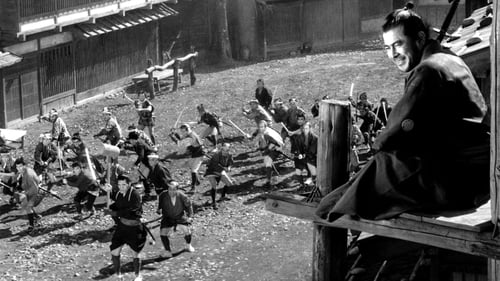
A história ocorre em 1860 e baseia-se na chegada de um ronin a uma cidade que sofre com a guerra entre duas gangues. Kuwabatake Sanjuro, que significa "Amoreira de 30 Anos" (Toshirō Mifune), aproveitando a sua perspicácia tenta ganhar dinheiro e, ao mesmo tempo, livrar a cidade das gangues rivais, ora associando-se a um grupo, ora associando-se a outro, tirando proveito da situação e manipulando-os, devido ao despreparo estratégico dos dois grupos, que é demonstrado através de diversas cenas satíricas durante o filme.

Shingen, um poderoso Senhor da Guerra, seriamente ferido, ordena ao clã que use algum sósia para o substituir caso faleça - para manter a sua morte em segredo, evitando assim o ataque dos seus inimigos. Mas este é um vulgar criminoso que tem de aprender a transformar-se num grande líder e comandar um exército de 25.000 leais guerreiros Samurai…
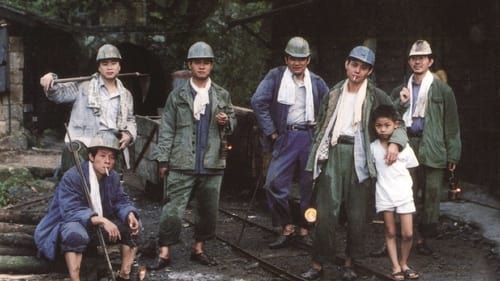
Sega's children, born into post-war Chinese rule, can't relate to their father's love for Japanese culture, having grown up under Japanese rule before WWII.

Baroness Troixmonde, aka Filibus, the mysterious air pirate, commits her thefts then retreats to the safety of her zeppelin. Filibus' airship is manned by a staff of mask-wearing lackeys who instantly obey her every command. An esteemed detective sets out on her trail, and Filibus attempts to frame him as the daring villain-- all the while slipping in between male and female disguises to romance the detective's sister!

Alguns homens em busca de ouro encontram em Klondike uma rica jazida. Porém, um acontecimento inesperado e terrível quebra o curso lento e monótono de seus trabalhos: um dos trabalhadores, o irlandês Michael Davin mata dois de seus companheiros.
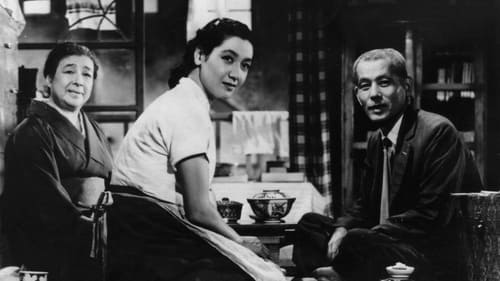
Um casal de idosos deixa sua filha no campo para visitar os outros filhos em Tóquio, cidade que eles nunca tinham ido. Porém os filhos os recebem com indiferença, e estão sempre muito atarefados para terem tempo para os pais. Apenas a nora deles, que perdeu o marido na guerra, parece dar atenção aos dois. Quando a mãe fica doente, os filhos vão visitá-la junto com a nora, e complexos sentimentos são revelados.
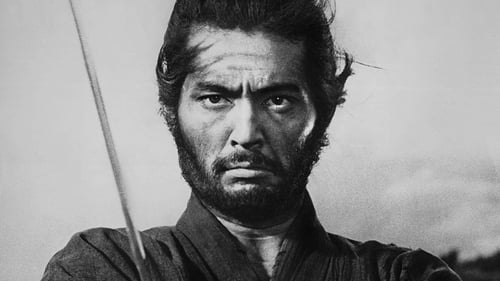
Em um tempo de paz os samurais não eram necessários e estavam vivendo em completa miséria sem alguma casa para servir. Alguns pediam para realizar o harakiri dentro das residências de nobres apenas para extorquí-los; com pena, os senhores davam algum dinheiro ao guerreiro e o mandavam embora. Um nobre recebe um jovem samurai com este propósito e decide obrigá-lo a tirar a própria vida.

Um anjo que observa a cidade dividida de Berlim deseja se tornar um humano mortal quando se apaixona por uma bela trapezista francesa.
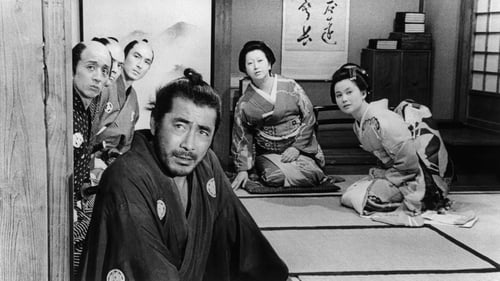
No Japão por volta do século XVIII, nove jovens decidem apresentar uma acusação de corrupção em seu clã ao superintendente local. No entanto, o grupo é traído, mas o ronin Sanjûrô Tsubaki (Toshirô Mifune), um samurai desalinhado e cínico, os salva dos homens do superintendente. Então o tio do líder dos clãs rebeldes, o Chamberlain Mutsuta (Yûnosuke Itô), é seqüestrado e sua esposa e filha são detidas e feitas prisioneiras do superintendente que tenta forçar Mutsuta a escrever uma falsa carta de confissão declarando ser corrupto. Sanjûrô ajuda o grupo a resgatar o Chamberlain e sua família.
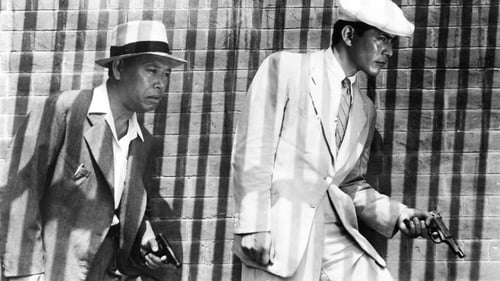
Murukami, um jovem investigador de homicídios, é roubado em um ônibus e perde sua pistola. Ele começa uma busca insana atrás de sua preciosa arma, sem sucesso, até receber a ajuda de um sábio e mais experiente detetive chamado Sato. Clássico noir do mestre Akira Kurosawa, que redefiniu o padrão de filmes policiais japoneses. (e 12 - Estimado 12 Anos)
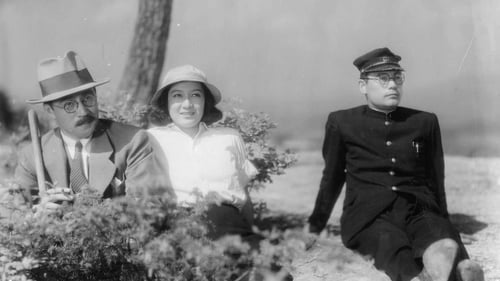
Yukie, a filha bem-educada de um professor universitário, fica chocada quando o seu pai é dispensado do seu cargo pelos seus ensinamentos políticos e ainda mais quando o seu amante, um aluno do seu pai, é preso e executado como espião. Ela decide deixar Kyoto para viver com os pais do rapaz na aldeia camponesa. Mas a vida ainda tem muitas lições para ela... (e 12 - Estimado 12 Anos)
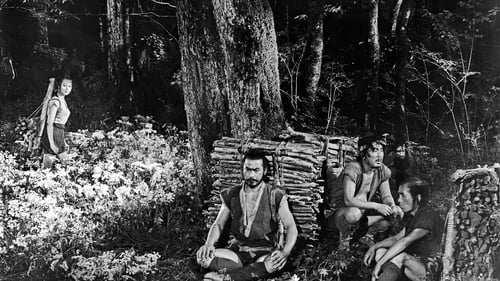
Ambientado no século dezesseis no Japão, um solitário samurai escolta uma jovem princesa fugitiva através do território inimigo.

No Japão do século 19 , em um hospital de caridade o Dr. Niide (Toshiro Mifune), um médico duro mas honrado, conduz um jovem estagiário sob sua orientação ao longo de inúmeros casos difíceis.
Ambientado em tempos feudais, médico novato, Yuzo Kayama, é enviado para uma enfermaria pobre esperando ser apenas passageiro, mas está furioso ao saber que ele deve ficar. Ele tenta provocar sua dispensa, mas é frustrado pelo médico-chefe "Barba Vermelha" (Toshiro Mifune), um homem cujos métodos são tão carinhosos quanto imprevisíveis.
